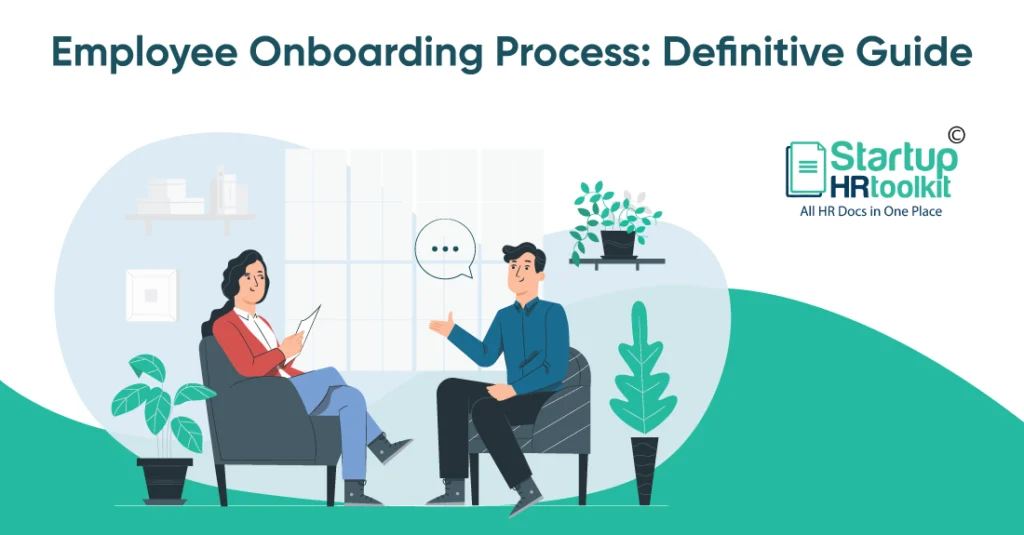“How to Get a Job as a Lawyer: To work in HR or finance administrations, Boss of Record (EOR) is an extraordinary business opportunity that can compensate fairly. The demand for EOR services will continue to rise as businesses expand globally. We will give you the help you need to start working as an EOR and start offering your services to customers.
Investigate marketing.
Lead broad statistical surveying to find out about the EOR business, rival items, and interest in EOR arrangements in your specific market fragment. With the assistance of this, you will be able to identify risky areas and valuable learning opportunities.
Acquire accreditations and licenses.
Check to see if you have the necessary licenses and credentials to work as an EOR in the market you want to serve. Certifications for payroll, service licenses, and assurance security certificates are all examples of this.
Establish connections between organizations in the territory and businesses.
Establish relationships with local employers, payroll providers, and HR service providers. You can offer your customers a reliable and comprehensive service thanks to these partnerships.
Create your EOR guidelines.
As an EOR, select options that incorporate HR, payroll, and other employment-related processes. Check to see that your solutions comply with market guidelines and local laws.
Add to your offices.
EOR arrangement. Introduce the foundation that brings the most recent innovation frameworks and frameworks together, as well as upgrades that can help you carry out EOR plans. This will guarantee the solution you’ve chosen’s security, scalability, and adaptability. In addition, it will comply with local employment regulations.

Obtain customers.
To entice customers, develop a marketing and advertising strategy and then offer EOR options. When developing the marketing strategy, take into account the preferences and requirements of the intended audience.
Consistency and rules should always be monitored.
Maintain consistency over the local workplace’s guidelines and regulations to ensure that your EOR management is consistently embraced. This will assist you in maintaining the credibility of your organization and reduce costly consistency costs.
Conclusion:
How to Become a Record Employer The process of becoming a record employer is difficult and necessitates meticulous preparation and planning. You can set up an efficient EOR service that can help clients reach new markets or hire international talent if you follow these steps.”
1. Understanding the legal requirements for hiring employees
The first step in becoming an official employer. Your business must be registered, you must obtain the necessary permits, and you must adhere to employment laws regarding wages, hours, and workplace safety. These obligations vary by country and region.
- Register Your Business: Your business must be registered with federal, state, and local authorities in most countries. This enrollment frequently incorporates acquiring a Business Recognizable Proof Number (EIN) or the same, which is fundamental for assessment and finance purposes.
- Contracts of Employment and Letters of Offer: Most of the time, employers are required to provide formal employment contracts that lay out the terms of the job, such as the responsibilities of the job, the salary, and the benefits. In addition to safeguarding the employer, these contracts aid in clarifying employee expectations.

2. Establish a Payroll System and Tax
Withholding After your company is officially registered, you must set up a payroll system. Employees are paid on time and accurately, as well as taxes and deductions, are withheld and reported, thanks to a payroll system.
- Select a Payroll Method: While larger businesses frequently outsource to a payroll service provider, smaller businesses may manage payroll internally or employ payroll software. Regular pay schedules, tax calculations, and deductions are handled by payroll systems.
- Setup Withholding for Taxes: Withholding income taxes, Social Security, Medicare, and other applicable taxes from employees’ paychecks is your job as an employer. Check to see that your payroll system is set up to calculate, withhold, and file the correct amounts for both federal and state taxes by IRS and state regulations.
- Requirements for Keeping Records: Businesses should keep up with nitty gritty finance records, including hours worked, compensation paid, and charge portions. These documents are necessary for filing taxes and may be required for audits.
3. Lay out Representative Advantages and Laborers’ Remuneration
Offering worker benefits isn’t just an appealing impetus for expected recruits, but it might likewise be legitimately expected in certain locales. Advantages can go from health care coverage and retirement to taking care of time and family leave.
- Insurance for Health: It may be required of you to offer health insurance to your employees based on the size of your business and the country in which it operates. Consider group health insurance plans that can cover your workforce after researching your local requirements.
- Compensation for Workers: Workers’ compensation insurance is usually required by law and helps employees who get hurt or sick at work by paying for their medical bills. The inclusion necessities change by district, so guarantee that you get it and consent to neighborhood guidelines.
- Benefits and Plans for Retirement: While not generally needed, offering benefits like retirement investment funds plans, taking care of time, and well-being projects can help draw in and hold skilled representatives. Think about what you can afford to offer and what will attract your potential employees the most.

4. Respect Labor Laws and Employment Regulations
The rights of workers and the responsibilities of employers are protected by labor laws and employment regulations. Standards for working conditions, overtime pay, the minimum wage, and anti-discrimination policies are all included in these regulations.
- The lowest pay permitted by law and Extra time: Guarantee that you grasp the lowest pay permitted by law regulations in your area, as well as any necessities for additional time pay. This includes paying time-and-a-half for overtime hours as required by law and tracking hours worked by non-exempt employees.
- Policies Against Discrimination and Harassment: To cultivate a protected and comprehensive working environment, you should consent to regulations that shield representatives from segregation in light of race, orientation, age, religion, handicap, and other safeguarded qualities. Employers are also required to implement anti-harassment policies and provide training to prevent harassment in the workplace by many jurisdictions.
- Regulations for Health and Safety: Employers must ensure a healthy and safe work environment. This could entail adhering to regulations regarding occupational health and safety, carrying out routine safety inspections, or providing training on safe practices.










